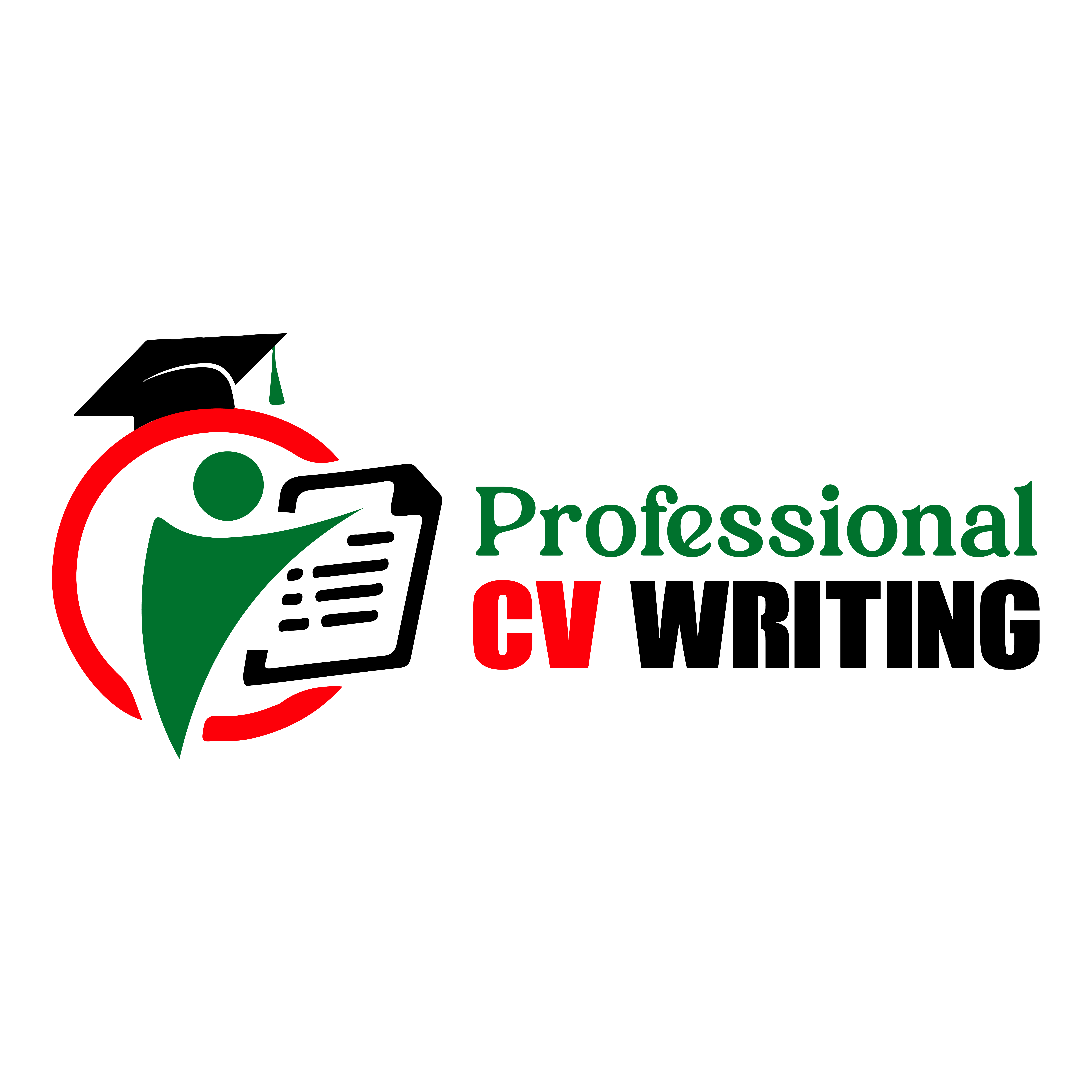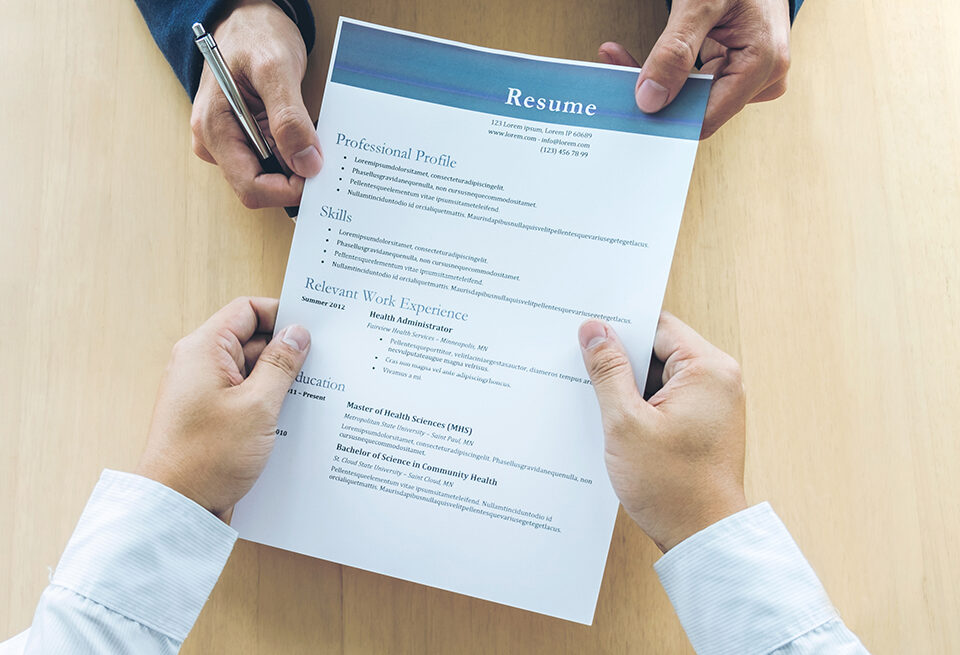What to Include an Essential CV Sections

How to Showcase Soft Skills on Your CV
July 12, 2024
How to Streamline Your CV for a Professional Look
January 10, 2025A suitable CV is a lasting first impression to your future employer. It’s not just a list of jobs and qualifications you have in your hand now it’s so much more. Now that you have your professional story, you can start telling it. However, deciding what is needed takes time when so many sections exist. In this article, I will dissect the core elements of a perfect CV that will undoubtedly set you apart in a stiff market.
Table of Contents
ToggleContact Information
Your contact details should appear at the top of your CV. The simple bit of this section is necessary if the bosses get in touch with you. At a minimum, include:
- Full Name: A large bold font with your first, of course, and last name.
- Phone Number: A number you can be called straight on.
- Email Address: An ideal professional email address is something where your name features.
- LinkedIn Profile (optional): Here, the point is to give a link to your LinkedIn profile or any other social media channel.
- Location: You do not need to include your full address, but including your city and country will tell an employer if you are close to the job.
Professional Summary
This is your chance to give an introduction, telling people who you are and what you can do. Your professional summary is the first impression a potential employer will get of you. Briefly describe your career and why you’re different in a few sentences. Focus on:
- What realm of experience or area of expertise are you most appropriate for?
- Prove your value and things.
- What’s your next desired role, and what value do you bring to the company?
Key Skills
Your core competencies regarding your technical and soft skills will go into your skill section, and hiring managers can quickly learn about you in this section. Make this section as unique as possible to each job you send your application for, and include skills listed in the job description. Using bullet points this is a great way to make the section readable.
Professional CV writers in Dubai present your professional resumes in a manner that highlights your unique skills, work experience, and achievements so that they can match the invariant, competitive job market. They are industry experts with local industry trends, which they will keep in mind when matching your CV with employers’ expectations and increasing your chances of getting what you desire.
Work Experience
This is the meat of your CV. We should know your professional background from your work experience and the most critical roles the job requires. Start with your most recent job and work backward, providing the following:
- Job title: Ensure that the standard you’re following includes the trend.
- Company name: Write the company name in full and describe its location.
- Dates of employment: Choose a particular month or year for a time frame.
- Key responsibilities and achievements: Wherever possible, your accomplishments are quantifiable (e.g., “Increase sales 20%,” or “Led a group of 10 employees”).
Education
In this section, you will mention your academic qualifications. Include:
- Degree(s) earned: Write about qualifications such as a Bachelor of Arts in Marketing.
- Institution(s) attended: The full name of the institution’s location should be written.
- Graduation year: Write about the year you graduated (or when you graduated if you are still studying).
- Relevant coursework or honors (optional): If applicable, add specific coursework, academic achievement, and extracurricular activities pertinent to the position.
Professional Certifications & Professional Development
Whatever degrees and certifications you have, training, workshops, be sure to mention them. This part proves that you are very much motivated to improve your skills and always be abreast of what is going on in your profession. For example:
- Certifications: Project Management Professional (PMP), Google Analytics Certification, etc.
- Training programs: Courses or workshops that you’ve completed that are relevant and job-specific.
Final Thoughts
When building your CV, be clear and relevant. Start each section by highlighting your strengths and proving how your skills and experience match you’re applying for the job. These sections will add to your CV, help you stand out, and give you a better chance of landing your next job.
Do not use your CV to tell your career story, use the CV to show why you are the perfect candidate. If you can get it concise, focused, and just what’s needed for the role, you’ll have to do that, increasing your chance of impressing the hiring manager.




